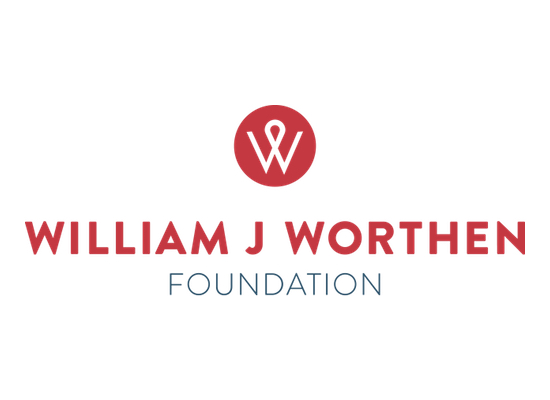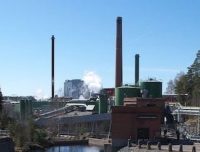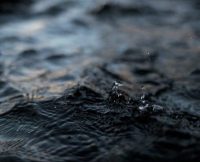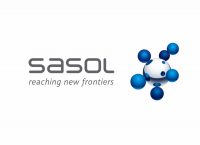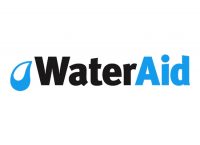Primary Functions
- Learn why non-potable water reuse may make sense for your commercial or residential project.
- Find steps for how to incorporate systems in project design.
Detailed Description
Non-potable water is water that does not meet the standards for human consumption but is suitable for other purposes, depending on the water quality of a given non-potable water source and its intended end-use. Most people do not realize that most of the water used in buildings does not need to be potable. For instance, many would say flushing our toilets with drinking water is a “waste.” In fact, 95% of water used in commercial buildings and 50% of water used in multi-family residential buildings is for non-drinking water needs.
The non-potable water associated with buildings—rainwater, stormwater, and wastewater—has traditionally been considered either too expensive or too dirty to reuse, but that is not necessarily the case. This water, which is typically collected and carried away from the buildings we design, can be treated onsite to a level of quality that makes it safe to use again immediately for specific, dedicated purposes. Onsite treatment is costeffective and safe and has proven effective in meeting water quality standards while reducing the need for potable water and the energy consumed in its delivery. Onsite treatment uses similar principles and technologies that have been used to treat water/wastewater in our municipal systems for decades. In many cases, the processes used to treat non-potable water mimic the way that nature itself cleanses water.
The Non-Potable Water Reuse Practice Guide is written with practicing architects and other building design professionals in mind. It provides simple and powerful explanations of why you may want to consider whether non-potable water reuse makes sense for your commercial or residential project. It also offers easily accessible information and next steps for how to incorporate systems in project design and maximize their value.



